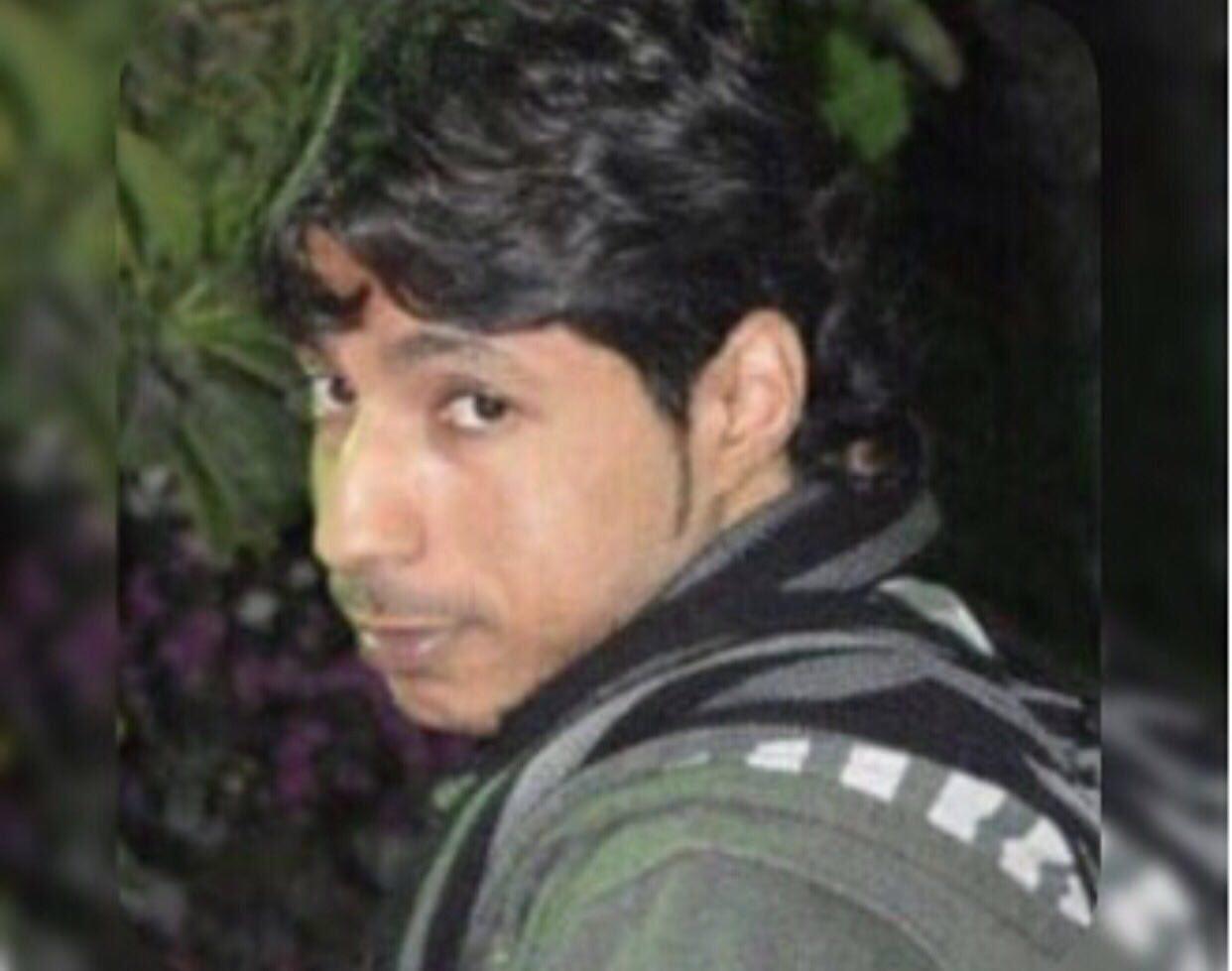
Saudi Arabia continues practicing torture widely through the State security presidential system, where there is no opportunity to question or bring torturers to account, as the State security presidential system is directly linked, to the prime minister who is, currently, the Saudi King Salman bin Abdul Aziz. The State security presidential system was established under a royal order on July 20, 2017. Amidst the absolute control of the King and the Crown Prince on all the State’s systems, as well as the lack of an independent judiciary, it is not possible to hold a system established by the King, and which refers to him directly for all decisions, accountable.
The State security presidential system, oversees and is responsible for the prison “ the General Directorate of Investigations (GDI)”. During detention at the GDI, officers practiced physical and psychological torture on Youssef Al Mslab (February 25, 1984) who has been detained since October 4th,2017. In particular, the torture technique used against him was electrocution and it is document that this torture method is used extensively in detective prisons. The torture endured by Al Mslableft severe impact on his face, such as redness in the eyes, serious damages to the front teeth and speech difficulty. Furthermore, the electrocution left marks on his hands and nails. This deadly torture that he experienced led to him being taken to the interior hospital of Al Dammam detective prison on more than one occasion.
Furthermore, the Saudi government continues depriving most of the detainees in the detective prison, from obtaining a lawyer. Instead, it subjects the detainees to prolonged periods of investigations with physical and psychological torture, and keeps them in solitary confinement for a long period of time. Al Mslab’s detention exceeded more than 6 months in a solitary confinement without access to a lawyer or receiving a list of charges. On March 8th, 2018, and after more than 5 months of detention, his family were allowed to visit him on an exceptional visit for less than 15 minutes; other than that Al Mslab continues to be deprived from most of his legal and human rights.
Hypothetically, domestic legislation oppose torture, yet it is practiced through institutions which are directly related to systems overseen by the King, and through other operational systems that refer back to the Ministry of Interior, such as the police and the General Directorate of Drugs Control. Saudi Arabia denies its practices of torture in its international speeches, such as the speech presented at the thirty first session at HRC on March 8th, 2016 , in which Saudi Arabia said that local laws and regulations guarantee the protection of the detainees from torture and prohibits sentences based on forced confessions. However, the government’s actual practices flagrantly negate the assurances provided in such speeches.
ESOHR confirms, through the continuing follow ups of the government’s practices, that Saudi Arabia practices torture extensively and dangerously, with such violence that it can ultimately lead to the death of the victims. The organisation has monitored and documented many cases of torture that resulted in a deterioration of health and led to detainees being hospitalized, and requiring treatment for several months. In March 2016 the organisation documented the case of Makki Al Orayedh, who was killed in the police custody at a police station after his forced disappearance. The effects of torture were seen on his deceased body. Besides this, in January 2018 the organisation documented the Saudi government violations and ignorance to the detainee Habib Al Shuwaikhat, whose denial of medical care whilst in custody , led to his deteriorating health status which ultimately led to his death.
ESOHR emphasizes that these cases of torture happened amidst a culture of total impunity through an immunity granted from the King to the State security presidential system. Furthermore, there has been no independent investigation of torture related death incidents that happen in the detective prisons or in the police stations, which further supports impunity against torture.
